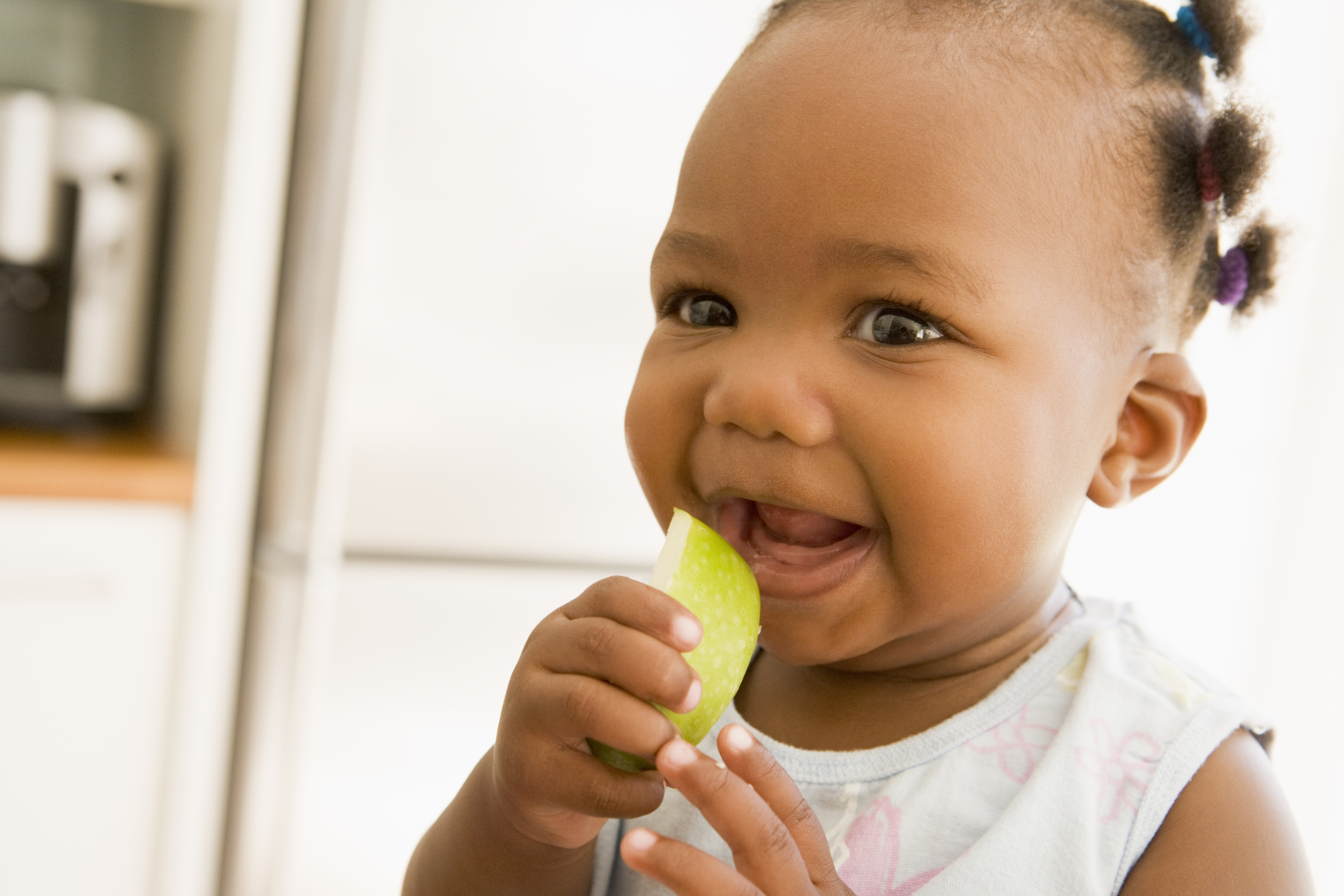
There is a lot of talk about the term ‘school readiness’ with many preschools and nurseries reporting that a significant number of preschool children lack basic self-care skills. There are many toddler self-care skills that children are expected to have mastered before they start preschool. These include being able to go to the toilet, wash hands, put on and take off coats and generally function in a classroom environment. The preschool year is a time where a lot of these school readiness skills are consolidated but there are a number of life skills that your toddler can begin to master.
Taking off clothes is easier than putting clothes on. Socks come first, then usually trousers. Toddlers all seem to enjoy undressing and running around naked and taking off clothes is an important life skill that most toddlers master (enthusiastically, in most cases!) between their first and second birthdays.
Getting dressed requires much more dexterity, balance, and planning than pulling clothes off. Children aren’t able to balance while putting their trousers on until they are about four. Your toddler will find a baggy t-shirt the easiest item of clothing at first as she can sit down to put it on and the arm holes are short and easy to wriggle her arms through. Still, expect heads to come through arm holes more often than not. She will also be able to put on slip-on shoes if they aren’t too tight but many school-age children put their shoes on the wrong feet so double check before you set off.
Toddlers are very motivated to feed themselves as it’s a basic survival instinct. Your toddler will already be self-feeding with finger food but by 18 months she may be trying to use a spoon and fork. Your toddler will initially use a fork to stab food rather than hold it still while she cuts with a knife. Using utensils comfortably like this won’t really occur until your child turns four. Eating together at the table (rather than TV dinners) really helps to develop these fine motor skills and basic table manners.
Hand-washing is an important part of a preschool and nursery routine as it’s important during potty training and for general hygiene. Potty learning is a good time to introduce hand-washing skills as toddlers enjoy the ritual and it becomes part of their potty training behaviour. Toddlers can also make lots of mess when they are first learning to use the potty and even with your help to wipe her bottom she will get poo and wee on her hands.
For this reason, it’s a good idea to get your toddler used to washing her hands before lunchtime, especially if she is eating finger food. Most sinks are built with adults in mind so a step-up block (ideally at a low sink) allows your toddler to practice putting in the plug, adding cold then warm water (if you have separate taps or faucets), wetting the hands and soaping them. This will take your toddler a long time and she will need a bit of help drying her hands. By around 2 years old toddlers tend to enjoy the hand-washing ritual so it’s a great life care skill to instil early.
Your toddler may want to clean her own teeth from around 18 months. However, dentists recommend that you will need to help your child clean her teeth until the age of eight. That said, it’s important to encourage her independent attempts to clean her own teeth – so let her start and you can finish.
Let her have a go at cleaning her teeth and then explain that it’s your turn. Remember to be really gentle and try to clean each tooth and the gum below.
Cleaning your toddler’s teeth should take around 2 minutes. Cute toothbrushes, egg timers, and singing can help to make the process more fun for your toddler.
Toddlers are too young to be left in the bath alone. Bath time is a lovely time to chat and bond and wind down after the day. Although you will need to help her wash her hair and face, your toddler can start washing her own tummy and knees with a soapy flannel.